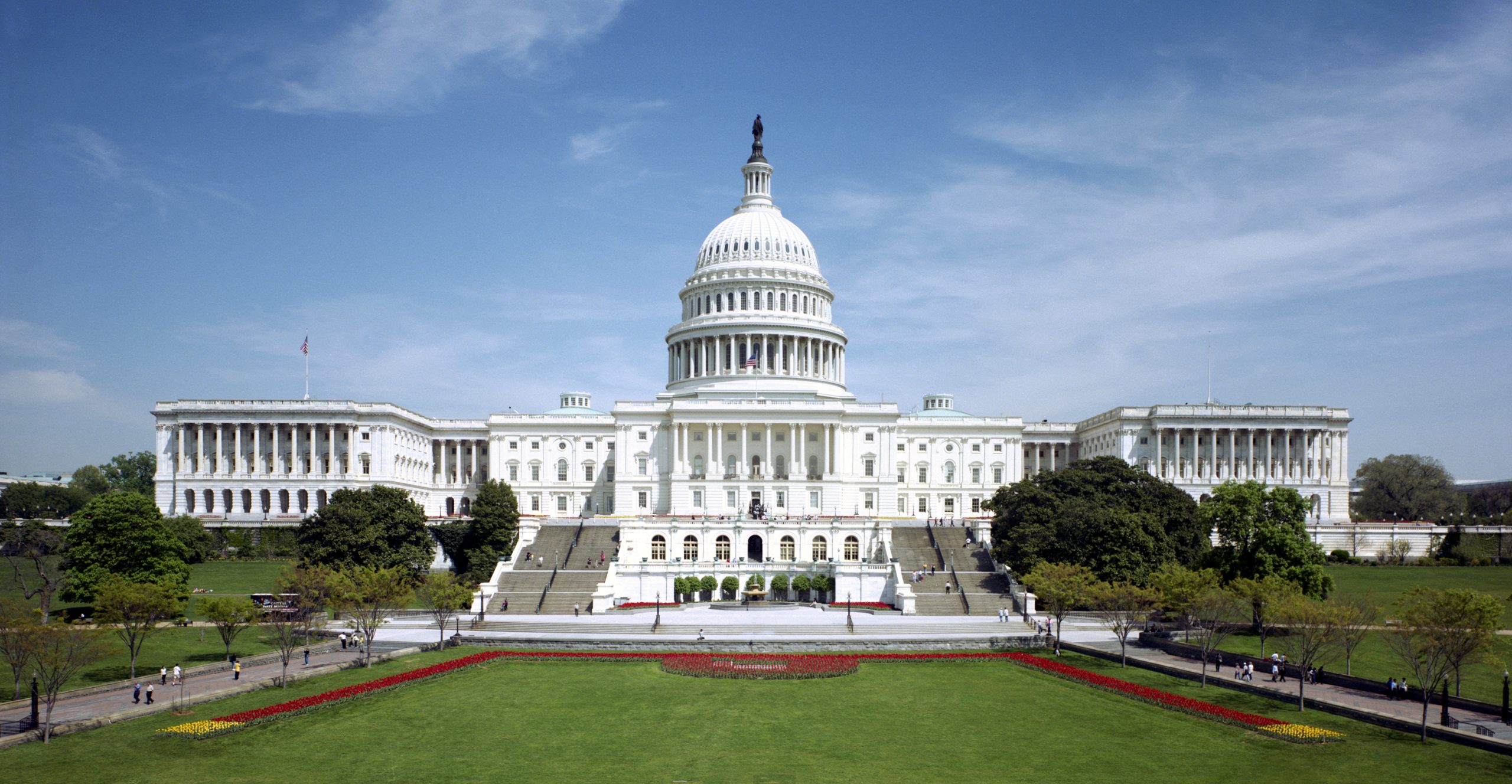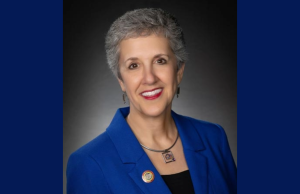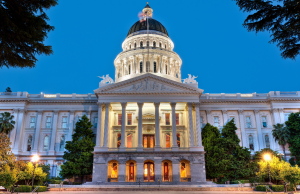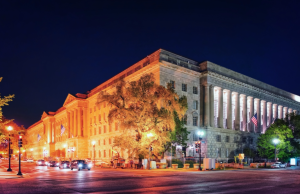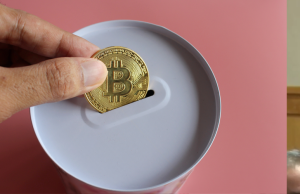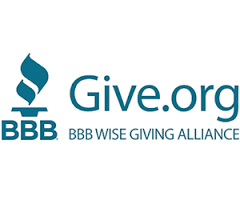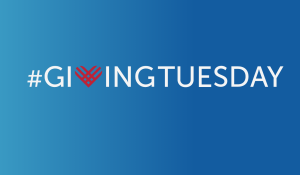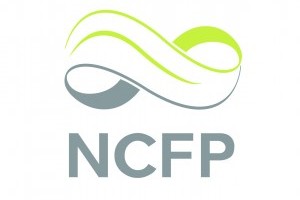Legislation that will ease the cost of unemployment compensation benefits for self-insured nonprofits, passed a month ago by the U.S. House of Representatives and U.S. Senate, was signed into law yesterday by President Donald Trump.
“Protecting Nonprofits from Catastrophic Cash Flow Strain Act” (S. 4209) will amend the CARES Act to override guidance issued by the U.S. Department of Labor in April. Self-insured employers do not make regular contributions to the statement unemployment trust fund but instead reimburse the state for the full costs of unemployment benefit the state has paid former employees. Section 2103 of the CARES Act required self-insured employers to pay 100 percent of the benefits costs upfront and receive 50 percent reimbursement later.
The House and Senate passed the measure in early July and the legislation was presented to the president on July 22.
Self-insured nonprofits reported increased unemployment benefit costs of as much as 10 times what was originally budgeted. The Boys & Girls Clubs of Greater Houston avoided layoffs due to a loan from the Paycheck Protection Program (PPP) but expected a $4.9-million charge — 26 times higher than the $192,000 in the previous period.
“No one would have envisioned the total disruption of the self-insured unemployment model that we are seeing now,” Chief Financial Officer Jonathan Sturgis said during a conference call last month organized by the National Council of Nonprofits as part of the #Relief4Charities effort. “No one would have ever envisioned, or any actuary out there who does actuarial stuff for a living never would have thought this would have happened going from a low experience rating overnight to having an extreme unemployment rating,” he said.
“The message to reimbursing employers from this new law is ‘Don’t panic, partial relief has arrived,’” Tim Delaney, president and CEO of the National Council of Nonprofits, said in a joint statement with the National Association of State Workforce Agencies after the bill was signed. “The COVID-19 pandemic hit charitable nonprofits and state, tribal, and local governments with a force that was never contemplated when the state unemployment systems were created. Like many other employers, they had no choice but to lay off or furlough many of their valued employees. But unlike every other employer, those that self-insure under their state unemployment systems are required in many states to make immediate payments for the benefits of previously laid off employees,” he said. “Those invoices trigger a vicious cycle of cash-strapped, public-serving organizations being forced to lay off even more employees as they struggle to pay the unemployment insurance invoices.”
Delaney warned that the new law is “just a partial fix to a serious problem” and urged Congress to continue working to fix it this month. Self-insuring nonprofits and governments still must pay 50 percent of unemployment bills, he said.
“This was a great success by those nonprofit advocates working together on the #Relief4Charities campaign. This bill was passed by Congress while on recess and now signed into law,” said Neal Denton, senior vice president and chief government affairs officer at the YMCA of the USA. “One of the few bright stories in COVID 2020 is the combined advocacy partnerships for the sector,” he said.

